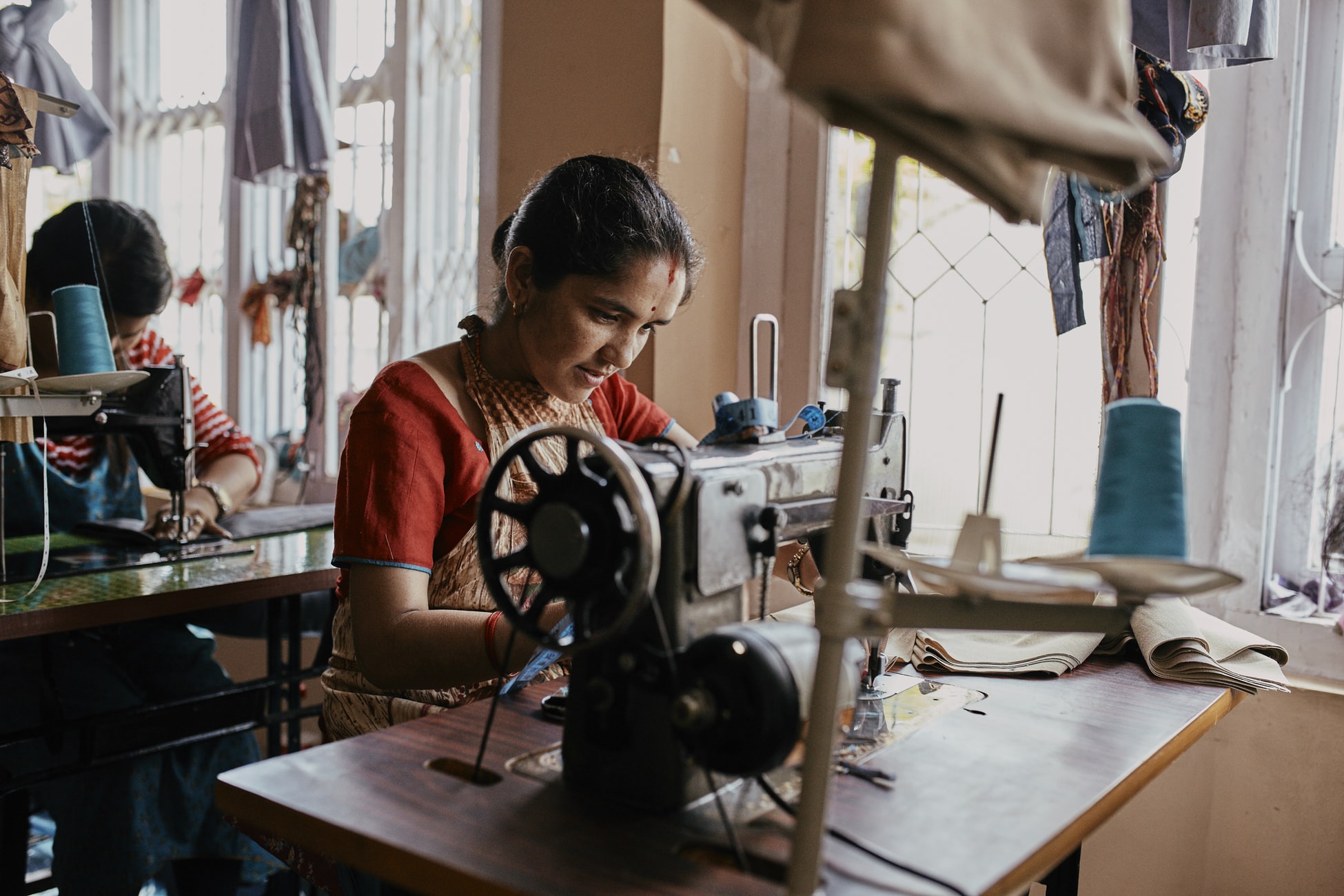
Lululemon Factory Under Investigation For Unethical Working Conditions
Following claims from employees being abused in the workplace.
Youngone Corporation employees in Bangladesh have recently claimed that they’re being verbally and physically abused in the workplace. The factory works as a supplier for Canadian athleisure brand Lululemon, which is often spotted being worn by celebrities and influencers across social media.
A recent report published by The Guardian, explained that workers earn around 9,100 BDT a month, the equivalent of around $107 USD. The monthly wage is worth less than the sales price of a single pair of Lululemon leggings, which retail up to $178 USD.
Female workers within the factory claim that they are beaten and verbally abused. Many of the employees claimed that they have been called ‘sluts’, ‘whores’ and ‘prostitutes’ by managers in the workplace. Males are also targeted, after one employee explained he had seen fellow male members of staff being beaten up on site. Concern was raised when it was revealed that staff members are also forced to work under ill health, one worker admitted she was slapped for leaving a shift early after feeling unwell.
Amidst the unethical working conditions, the Canadian brand recently signed themselves to a partnership with the United Nations, working to reduce stress levels and promote mental health and wellbeing for all employees, which has struck complete controversy over these recent events.
The company has now opened an investigation regarding the factory. A representative for the athleisure brand said “…We do not tolerate any violation of this Code. Upon learning of the reports about a facility in Bangladesh, we immediately launched an investigation. There are currently no orders planned for this factory, and we will take appropriate action based upon the findings of our investigation.”
A spokesperson for the UN explained, “We believe all workers should be treated fairly and welcome Lululemon’s investigation.”
Unfortunately, this is not the first case of unethical working conditions within the fashion industry. The awareness of these issues is slowly rising, after the collapse of the Rana-Plaza factory building near Dhaka, Bangladesh in 2013, which killed over 1,000 people. The fast fashion industry is putting lives at risk for the sake of churning out thousands of garments a day, which we wear once and then entertain again. Here at Fizzy, we’re enthusiastic about our ethical and sustainable shopping habits, trying to make the fashion industry a more humane system.
If you’d like to make some sustainable changes to your own shopping habits, check out our Guide On Making Sustainable Fashion Choices Your Priority











